Megalomania: what is it and how to get rid of it?
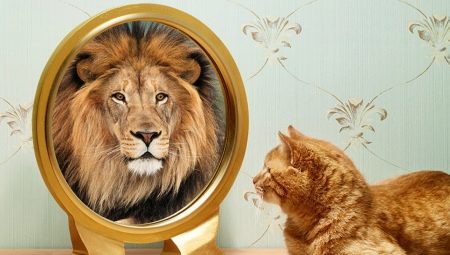
People who behave arrogantly and arrogantly are often said to have star fever, but this rarely has anything to do with real megalomania (megalomania). Do not confuse a poorly brought up snob (even if he is a world-class star) with a true megalomaniac, since megalomania is a serious illness.
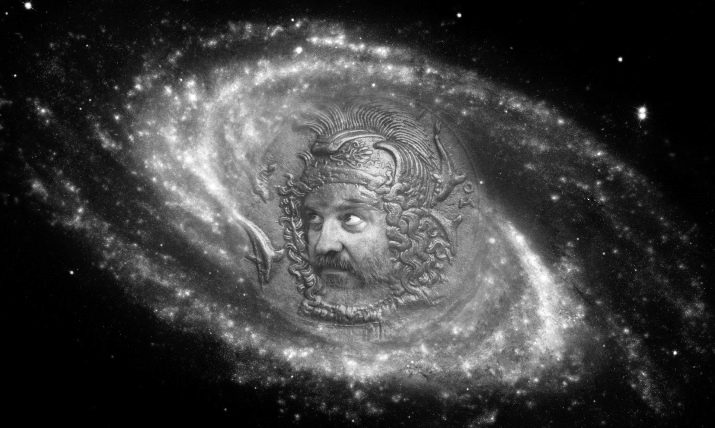
General information
Megalomania, megalomania or delusions of grandeur have been known to mankind for a long time. The disease got its name from a combination of the ancient Greek words μεγάλως - "majestic" and μανία - "passion, madness"... And also this mental illness is called megalomaniac delirium.... This mental disorder is a special type of self-awareness and behavior in which the patient does not adequately perceive himself, significantly exaggerating their importance, achievements, popularity, abilities and power.
Very often on the Internet you can find the term "megalomania" in relation to arrogant pop stars, cinema. This use of the diagnosis is erroneous - in psychiatry it is customary to consider people megalomaniacs, who not only consider themselves the Almighty or, at worst, the ruler of the entire planet, but also are in an internal state, regarded as a classic manic delirium.

This means that a true megalomaniac is distinguished by an excited, elated mood for no apparent reason, moves a lot, speaks, thinks quickly and erratically.
A real megalomaniac does not have to be at the bottom of the social ladder. Often these are people who have really achieved a lot and are important persons. Experts believe that classical megalomania was observed by Napoleon Bonaparte, Adolf Hitler, Vladimir Lenin. Such a mental disorder was by mathematician John Nash, who was offered an honorary place in the academy, appreciating his considerable personal contribution to the formation of exact science, but he refused, citing the fact that he should become, no less, the emperor of Antarctica.



He suffered from a delusional state of greatness in her psychiatric understanding Alexander the Great... The artist showed signs of classic megalomania Salvador Dali. Among contemporaries, signs of delusion of grandeur are found in the rapper Kanye West, he even wrote his own bible, which begins with the words "In the beginning, Kanye created the heavens and the firmament," and released the album Yeezus, in which he openly calls himself God. And the musician Jay Z in all seriousness he assures that his presence at some events is "a great blessing on his part."


Delusions of grandeur are classified in modern psychiatry as a group of mental disorders, which includes several types of pathology.
- Mania of special origin - this is nonsense, in which the patient is piously convinced that he belongs to a famous family, for example, to the Bourbon or Romanov dynasty. He can see himself as the offspring of famous actors, musicians, kings, scientists. With such a disorder, a person can give a lot of reasons for his beliefs, and the facts of the biography of the famous "ancestor", which indicate that there is no connection between them, stubbornly ignored by him.
- Wealth mania - a delusional state in which a person is sure that he is fabulously rich. The size of the fortune can be both plausible (a person claims to have a couple of million dollars in a bank account), and completely illogical - "I am the owner of the entire world's gold reserve."
- Mania for invention - the patient is sure that he has made a grandiose discovery, for example, he knows the formula for an elixir of eternal youth or a cure for cancer. The patient is offended at the world, because “ungrateful humanity” does not understand what the greatest prospects it refuses, rejecting his invention.
- Love mania - a person seriously believes that he is the object of passion of a famous artist or politician. He claims that he has an intimate relationship with a famous person, and the arguments that the patient has never met the President of Venezuela or a world-class opera diva have not the slightest effect.
- Mania for reform - the megalomaniac is sure that he knows how to organize affairs in the country, in the world, he knows an effective model of economic, military and other reforms, insisting on revolution.
- Antagonistic delusions - the megalomaniac considers himself the center of the earth, a key figure in the struggle of opposites - good and evil, darkness and light. With such a disorder, a person usually considers himself to be the chosen one, capable of influencing the outcome of the battle of opposites.
- Mania for altruism or messianism - the sick person considers himself the savior of humanity, he, by his own conviction, is a prophet, a great healer, a miracle worker, a son of God, a person with a direct connection with the cosmos.

In the psychology of the megalomaniac, it is the delusional component that predominates, which allows us to assert that mental disorder is persistent, prone to relapse and chronic course.
Causes of occurrence
There is no separate diagnosis with this name and delusions of grandeur are considered by specialists as a symptom of other mental disorders. Most often megalomania occurs with paranoid mental changes, with manic syndrome, with progressive paralysis and schizophrenia, at certain stages of bipolar mental disorder. The manifestations of megalomania are not an independent disorder, but a sign of another disorder.

It has been noticed that more often men suffer from this form of disorder, but there are also women megalomaniacs.
The reasons why a person suddenly begins to perceive himself as God or a genius are manifold, and not all factors in the onset of the disease have been studied. However, they are quite enough to highlight several possible sources of influence:
- heredity - there is a high probability of inheriting a delusional mental disorder from parents or from relatives in the second and third generations (grandmothers, grandfathers, great-grandmothers and great-grandfathers);
- severe ailments of the central nervous system, organic brain damage;
- endocrine disorders associated with changes in the balance of serotonin and dopamine;
- the presence of schizophrenia, manic syndrome, drug addiction, alcoholism (with severe toxic brain damage);
- long-term neuroses;
- difficulties with self-esteem - overestimated self-esteem predisposes to delusions of grandeur.

Experts noticed that most often megalomaniacs are susceptible to people who were often unreasonably praised in childhood, in connection with which they have established a strong false self-esteem.
Stages
The condition, like most other manic disorders, proceeds according to certain stages. The initial stage of megalomania is manifested by an obsessive desire to somehow stand out from the crowd, to be better.
Comprehensive perfectionism can become the basis for the development of pathology, because it is very important for a person to win, to be the best, and any failure is perceived by him as very painful. Man is constantly looking for proof of your genius and outstanding features, he compares himself with others, finds in himself a lot of advantages and benefits.

At the middle stage, a person is confident in his "peculiarity", there is no longer any place for doubts. This is accompanied by open statements, as well as changes in behavior, reactions. A person no longer listens to the opinions of others, his own opinion becomes the only true one for him.
It is at this stage, in a state of extreme excitement, that the patient can prove that he is a descendant of the Japanese emperor or Caesar himself in his current reincarnation. Often at this stage, aggression is manifested if the statements do not meet the due respect, if those around them deliberately do not perceive and do not show the patient the degree of respect that he, in his opinion, deserves.
In the third stage, delusional symptoms begin to disappear - the person is disappointed... He was not accepted, not understood, the world is hostile to him, this causes depression, a feeling of his own uselessness, which can cause voluntary isolation, aggravation of addictions (the patient begins to drink, use psychoactive substances).
At this stage, suicide attempts are possible.
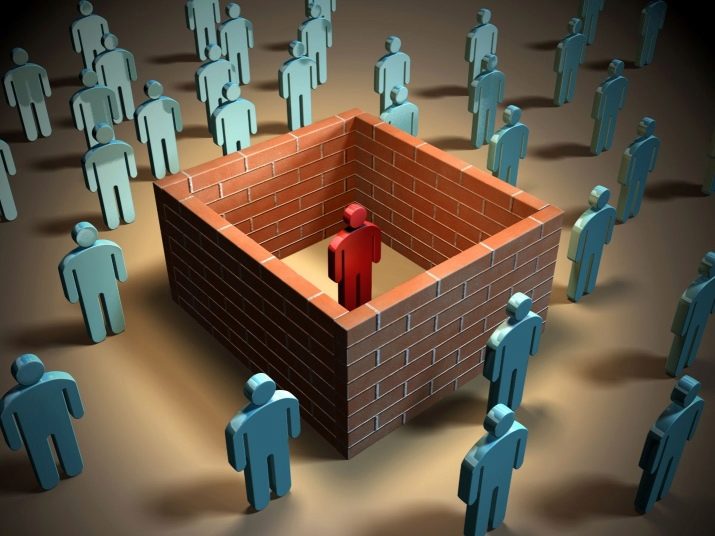
Symptoms and Diagnosis
Megalomania refers to psychiatrists to qualitative disorders of thinking, which means that the "error" occurs at the stage of logical processing of information. A person's convictions, his conceit, bordering on insanity, do not correspond to reality, but it is impossible to persuade a person already at the initial stage of megalomania - he believes, he is convinced.
At the peak of the disorder, the patient performs all his actions and thoughts from the position of who he considers himself to be - a king, ruler, president, the greatest scientist, and self-criticism is completely absent. This is no longer pride, not a delusional mood in a mild form, but a real lack of self-control.

The signs of such a disorder are numerous and characteristic, and it is difficult to confuse them with other mental disorders, even by a layperson.
In people with delusions of grandeur, the inner focus is always focused on themselves - they are confident that they are superior to others in some way or in general. It is difficult to say in advance how the megalomaniac will behave. Much depends on how interesting his personal experience is, what kind of education he received, what memories he will perceive as his own.
As a result, much depends on who the patient will identify with - with the cruel emperor Nero or with the great lover Casanova. In the first case, aggressive behavior, commanding tone, the promise of inhuman torture and punishment for disobedience, sometimes - physical cruelty. In the second case, the person begins to behave like avid ladies' man, not letting a woman pass by, so as not to let go of compliments, not to try to touch.


All conversations will be conducted from the position of who the sick person thinks he is.
It is quite clear that behavior becomes inadequate, human reasoning does not lend itself to normal logic. But in each case, it becomes important for the patient to "involve in the game" others. They should be admired, loved, respected, appreciated, adored. The worst thing is when megalomaniacs begin to demand that they be served, that loved ones fulfill their dirtiest whims and demands.
For men and women diagnosed with delusions of grandeur, an important manifestation is the instability of moods - they are in joyful euphoria, then for no apparent reason they plunge into depression, anxiety. The early stages of the disease are characterized by excessively high self-esteem.

For a person, his own opinion is of primary importance, in fact, there are no other opinions, because the patient does not intend to listen to them.
He cannot listen to constructive criticism in his address, as well as the advice of others for him an empty phrase, which is also often annoying... At this stage, megalomaniacs are active, mobile, full of energy, but at the same time they often experience strong anxiety, which they cannot explain, there are moments of incredible absent-mindedness. Already in the initial stages, physiological disorders occur - sleep becomes "ragged", a person often wakes up, cannot fully rest at night. Aggressiveness increases, especially in men.
Delirium acquires universal proportions already at the peak of the disease. The patient ceases to be shy and begins to openly declare that he is the ruler of the Galaxy, the embodiment of Napoleon, God or a new superhero with superpowers, whose task is to protect all people on the planet from an unprecedented threat from space. At the same time, the patient behaves quite naturally, at ease, euphoria and excitement prevail in him.
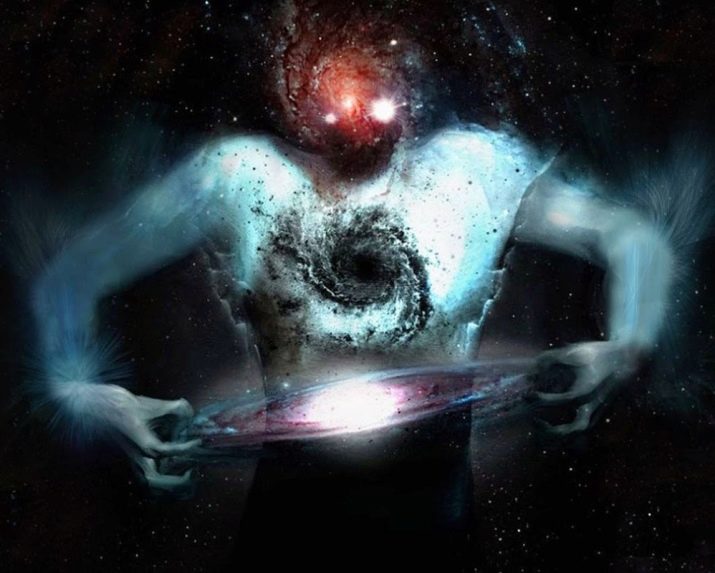
If a period of anxiety occurs, the behavior will still remain active.
If delusional disorder of wealth or of noble birth is more characteristic of men, then erotic delusions of grandeur are more common in women. Disappointment in one's own beliefs (the third stage of mania) is already considered its complication, since it is during this period that a person may be in serious danger. The more global the delirium was, the greater its scale and scope, the stronger the depression at the exit will be.
The diagnosis of megalomania is carried out by a psychiatrist. A family history must be collected (which of the relatives suffered from what mental ailments, were alcoholics, drug addicts), the work of the central nervous system must be assessed, for which a neurologist is involved and a CT or MRI of the brain is done.
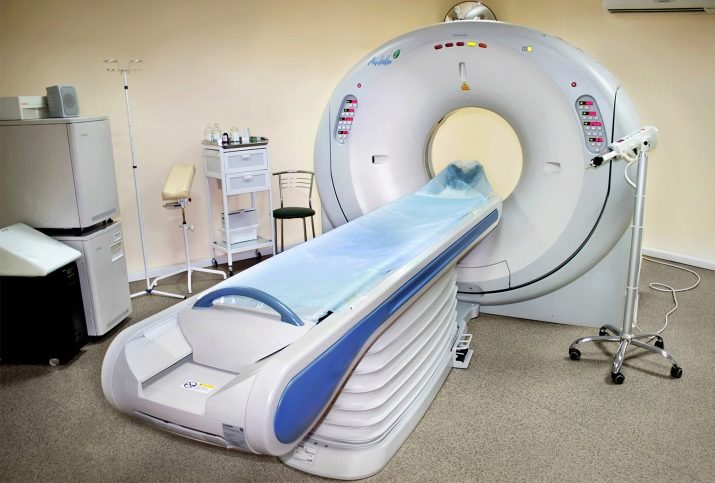
Is of great importance a conversation between a doctor and a patient. It is carried out several times starting from the first visit. The specialist will listen carefully why the patient thinks that he is the Savior or the Emperor of the Galaxy, usually at this stage, even interns do not have any difficulties, because megalomaniacs willingly share their history of "life", gladly answer clarifying questions.And already at this stage, a specialist can understand, by the nature of delirium, what concomitant disease a person can have - with progressive paralysis, delirium is absurd, and with schizophrenia, it is fantastic.
Further, special testing is carried out, in which standard tests are used to determine the type of thinking, tests for memory and attention, performance.

Treatment methods
In order for a person to get rid of their unreal irrational beliefs, it is important for a doctor to take a responsible approach to the diagnosis and identify what kind of underlying mental illness is taking place. It is very important to start treatment with the treatment of the underlying disease - schizophrenia, bipolar disorder, manic-depressive psychosis, and so on..
If this is not done, it will be impossible to cope with the manic delusions of greatness. At the same time, with a properly prescribed treatment of the main ailment, the signs of megalomania recede on their own, gradually, as a matter of course.
Psychotherapy is very important for treatment.

Are used cognitive-behavioral and rational approaches - these techniques allow a person to gradually understand the errors of their judgments, and under the strict guidance of a psychotherapist, erroneous statements are replaced with an adequate perception of oneself.
Medicines also take place, but only if the doctor considers that there is a need for them (as part of the treatment of the underlying disease). If the megalomaniac is overly excited, moves too much, makes a huge number of unnecessary movements, small doses of tranquilizers for a short course may be recommended so that drug addiction does not develop.

Antidepressants and antipsychotics may also be recommended.
Where to treat a person – in a mental hospital or at home – the doctor will say because only he knows, against the background of what underlying disease, erroneous delusional statements about his own genius, about his superiority appeared. Mild forms of the disorder usually do not need hospitalization, but with delusions of grandeur of a severe stage or with severe concomitant depression, when the patient can cause irreparable harm to himself, it is more logical to carry out treatment in a hospital with round-the-clock supervision of medical personnel.
How successful treatment is for megalomania also depends on the underlying diagnosis. In almost all cases, regardless of the underlying disease, doctors talk about the likelihood of relapse (in about 75% of cases, delusional ideas tend to return). Therefore, it is of great importance family climate, features of rehabilitation after treatment.

The patient needs constant medical supervision - he must be registered with a psychiatrist and visit him at least twice a year.
There are no methods of preventing delusions of grandeur, it is impossible to predict the onset of the syndrome and its development - this can affect everyone. If a person has already undergone treatment for megalomania once, then help from relatives will be required to prevent relapses. It is important that a person lives in a favorable emotional climate, does not consume alcoholic beverages, drugs.
When the first signs of relapse appear (anxiety, nervous breakdowns, inadequate statements), it is important to immediately contact a psychiatrist. Most often, the disorder manifests itself in the spring and fall, like most other mental disorders. During the off-season, the excitability of the nervous system increases.
How to recognize someone with high self-esteem, see below.








